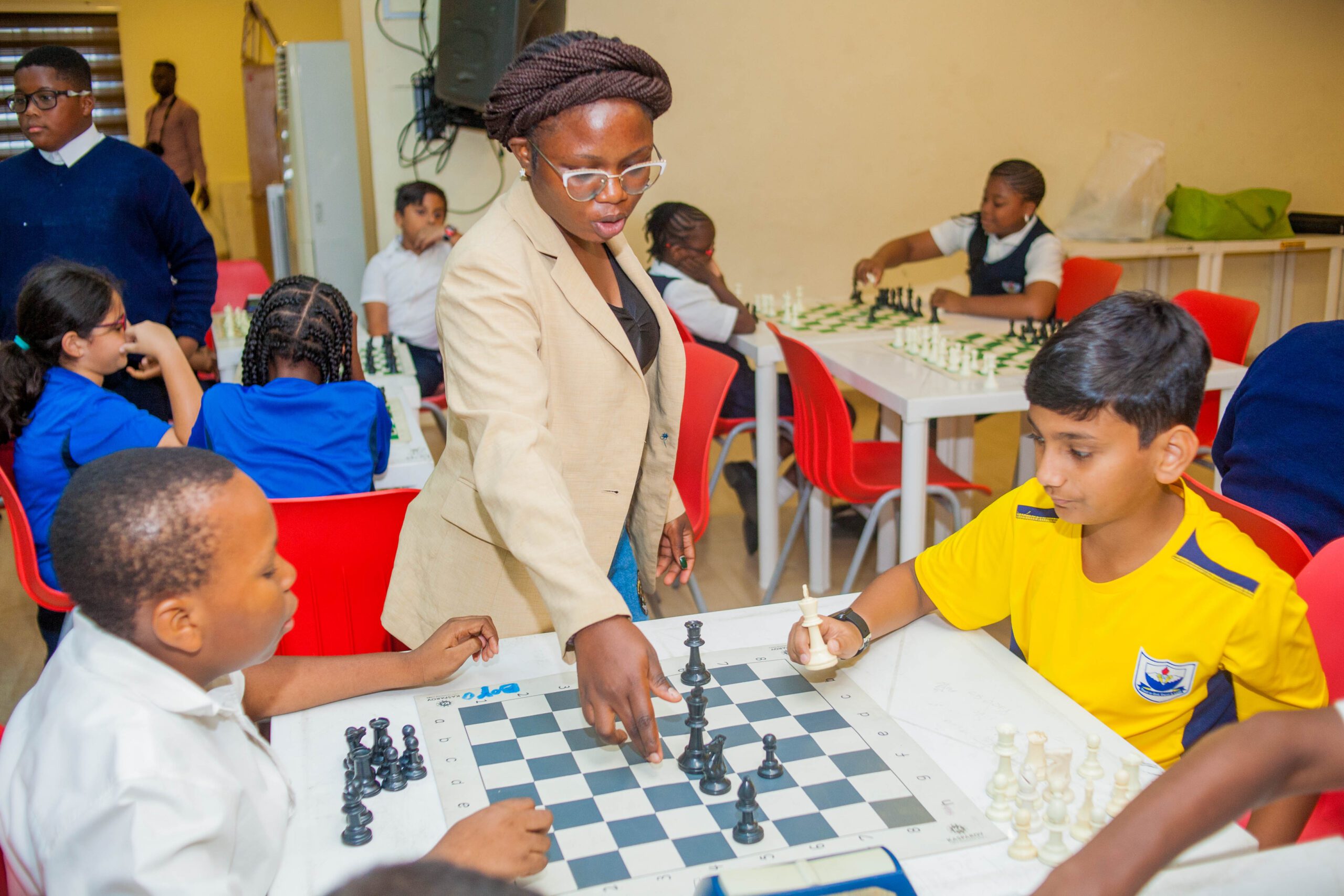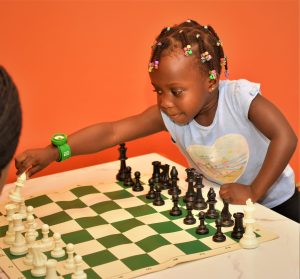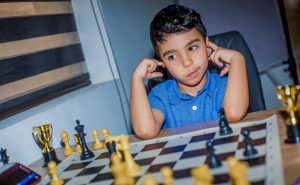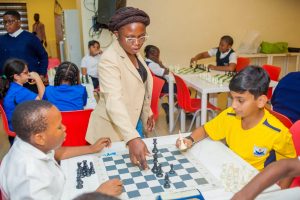The essence of teaching chess to kids isn’t necessarily to make them professional chess players. Many chess trainers still need to catch this point. I’m not an exception; earlier in my chess coaching career, I didn’t fully understand this either.
Let me share a brief personal story as a case study. As a chess trainer since 2012, I’ve coached hundreds of students passionately, always wanting the best for each one. I learned chess in 2011 and started coaching kids in primary schools in 2012. It happened quickly because I needed a job after secondary school and chess teaching seemed enjoyable.
Initially, I was passionate about chess, but I just wasn’t able to win trophies and medals. So, I put extra effort into coaching so I could raise champions to feel fulfilled when they won tournaments. With this obsession, I took every chess school job offered, even those with poor pay. I trained children extensively, sometimes teaching lessons beyond their level. Eventually, my students won medals and team trophies for schools.
However, I later realized that coaching children in this manner wasn’t helping anyone.
Our goal should be to help them learn reasoning, anticipation, and problem-solving skills. Teaching them to be solely tournament players doesn’t achieve this. Not every coach trains kids with selfish ambition like I did, but I still see coaches focusing solely on making kids strong chess players. Meanwhile, we can teach them many valuable skills through the game.
When people say every chess player is a genius, it’s not just about playing the game literally; it’s about applying chess thinking tactics to solve real-life problems. Here are some examples:
- Stalemate: When a game is going on between two players and one is on the verge of losing the game, only one thing comes to mind; “How do I work out a draw situation?” this question naturally comes as instinct in real life it is called “Survival Instinct”. We need to advise and teach kids how to apply this method of thinking whenever they find themselves in certain situations in life.
- Touché: Just like in chess, teach children how to think before acting because we don’t always get the chance to undo certain things. Like thinking before attempting exam questions.
- Training: Teach them to always practice and study at home before classes. Because no chess player becomes a champ without training.
- How to learn from losses: Teach them how to always analyze and learn from tests, assessments, and exams they have failed because it is the way they can get better.
- Sportsmanship: Teach them to be polite to people at all times, because even after a chess game the kings and pawns go into the same box.
Remember coaches, the objective is to make the world a better place with chess, not to make everyone a chess player.




